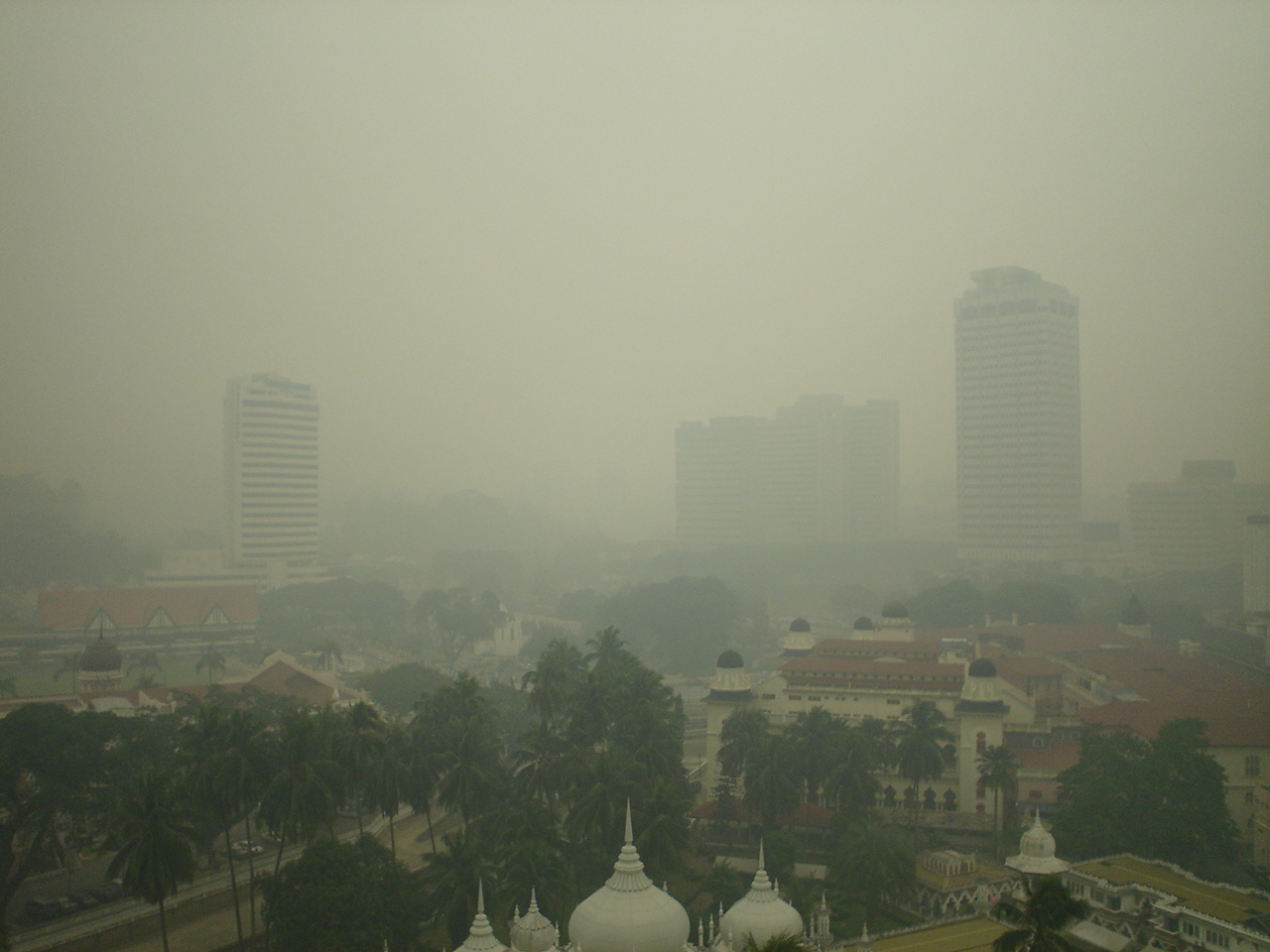KUALA LUMPUR, Nov 4 – Air quality level in Delhi, India, is deteriorating and is at its worst level for 2019, at almost 400 times the amount deemed healthy.
On Sunday, air quality index measured at over 900 in some areas, far exceeding the level of 25 deemed safe by the World Health Organization (WHO), and well above even the 500 mark deemed “severe plus”, causing more than 30 planes to be diverted away from the city.
“Pollution has reached unbearable levels,” said Delhi’s chief minister Arvind Kejriwal, according to The Guardian.
The air pollution crisis happens every year in Delhi at this time of year, due to smoke from celebration firecrackers, the burning of crop stubble by farmers in the neighbouring regions of Punjab and Haryana, and a cold shift in temperatures locking in the fumes.
Satellite imaging showed more than 3,000 incidents of stubble burning in neighbouring states last week.
The government has closed down schools until at least Tuesday.
Construction work has been ordered to stop and the government has also organised for five million masks to be handed out.
Furthermore, from Monday the city will begin a trial run of a scheme in which cars with odd and even numbered licence plates can drive on alternate days.
Hospitals in the capital also saw an increase in patients coming in with respiratory issues.
“Everything, from increased construction, increased urbanisation, increased number of cars on the road and a reduction of green spaces, is making this problem worse every year,” said Dr Sai Kiran Chaudhary, the head of pulmonology at the Delhi Heart & Lung Institute Hospital.
“So many people are losing their lives.”
Safar, the government environment monitoring agency, said there would be no relief for at least another two days because of rain and humidity.
The life expectancy of people living in the Indian states of Bihar, Chandigarh, Delhi, Haryana, Punjab, Uttar Pradesh and West Bengal has dropped by up to seven years because of pollution, according to a study by the Energy Policy Institute at the University of Chicago.








